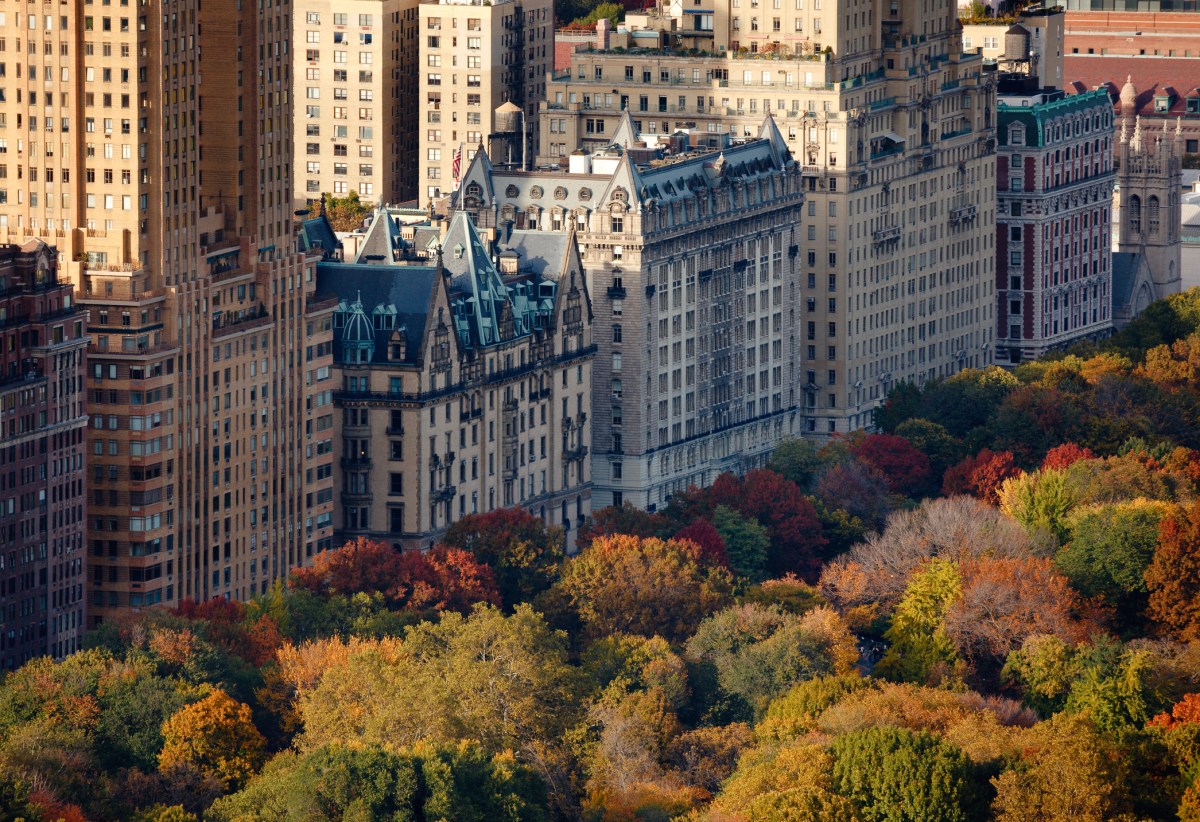TBILISI, Georgia – Police armed with truncheons beat opposition leaders in Georgia on Wednesday in the first major outbreak of violence in a month of protests against President Mikhail Saakashvili, police and opposition supporters said.
Police and opposition leaders accused each other of starting the clash, which occurred when opposition leaders and protesters marched to police headquarters in the capital, Tbilisi, to demand the release of three jailed supporters.
Interior Ministry spokesman Shota Utiashvili said police used truncheons to beat back protesters who were climbing over a fence surrounding the building.
Television footage showed at least two opposition leaders and several other people with blood on their bodies and clothing. One leader, Levan Gacheladze, and other protesters appeared to have head injuries. Neither side gave a clear estimate of the number of injured, but it appeared to be as many as a few dozen, and the Interfax news agency cited medical personnel as saying it was at least 17.
The opposition said police fired rubber bullets, but Utiashvili denied that.
Deputy Interior Minister Eka Zguladze said that police “only protected the building” and did not venture outside its grounds. She said both sides in the clash appeared to have thrown objects at each other, including the staffs of protest flags.
TV footage showed that some protesters managed to get over the fence, but they later ended up back outside. Utiashvili said there were no arrests.
Shortly after the clash, some 2,000 protesters milled near the police building, blocking a major street not far from its gates.
Wednesday’s clash deepened tension in Saakashvili’s confrontation with his opponents, already high after he claimed to have talked down mutineers at a military base Tuesday. Several opposition leaders called the incident a charade cooked up by Saakashvili to rally support amid pressure from the protesters.
Saakashvili’s opponents have been holding persistent street protests since April 9, demanding he resign over Georgia’s disastrous war with Russia in August and over allegations of authoritarian rule. He has refused and said he will remain in office through the end of his term in 2013.
There have been isolated incidents of violence, but the authorities have vowed not to interfere as long as protesters do not instigate violence, fearing that a crackdown could swell the ranks of the opposition.
A violent police crackdown on similar protests in 2007 damaged Saakashvili’s reputation and prompted some former allies to join the opposition.
Saakashvili, a U.S.-educated lawyer, came to power in 2004 after leading peaceful street protests.
He was initially wildly popular, but many Georgians say he mishandled the war with Russia, which resulted in major damage and a loss of territory. Russia has recognized the independence claims of two separatist provinces in Georgia and stationed thousands of troops on their territory.
Georgia straddles a key route for Caspian Sea oil and gas exports, and is at the centre of tension between the West and Russia, which vocally opposes Saakashvili’s efforts to bring the former Soviet republic into NATO.
The United States and European Union accuse Russia of trying to redraw borders in the volatile Caucasus and say its military presence in the separatist provinces violates a ceasefire deal that ended the war.
















